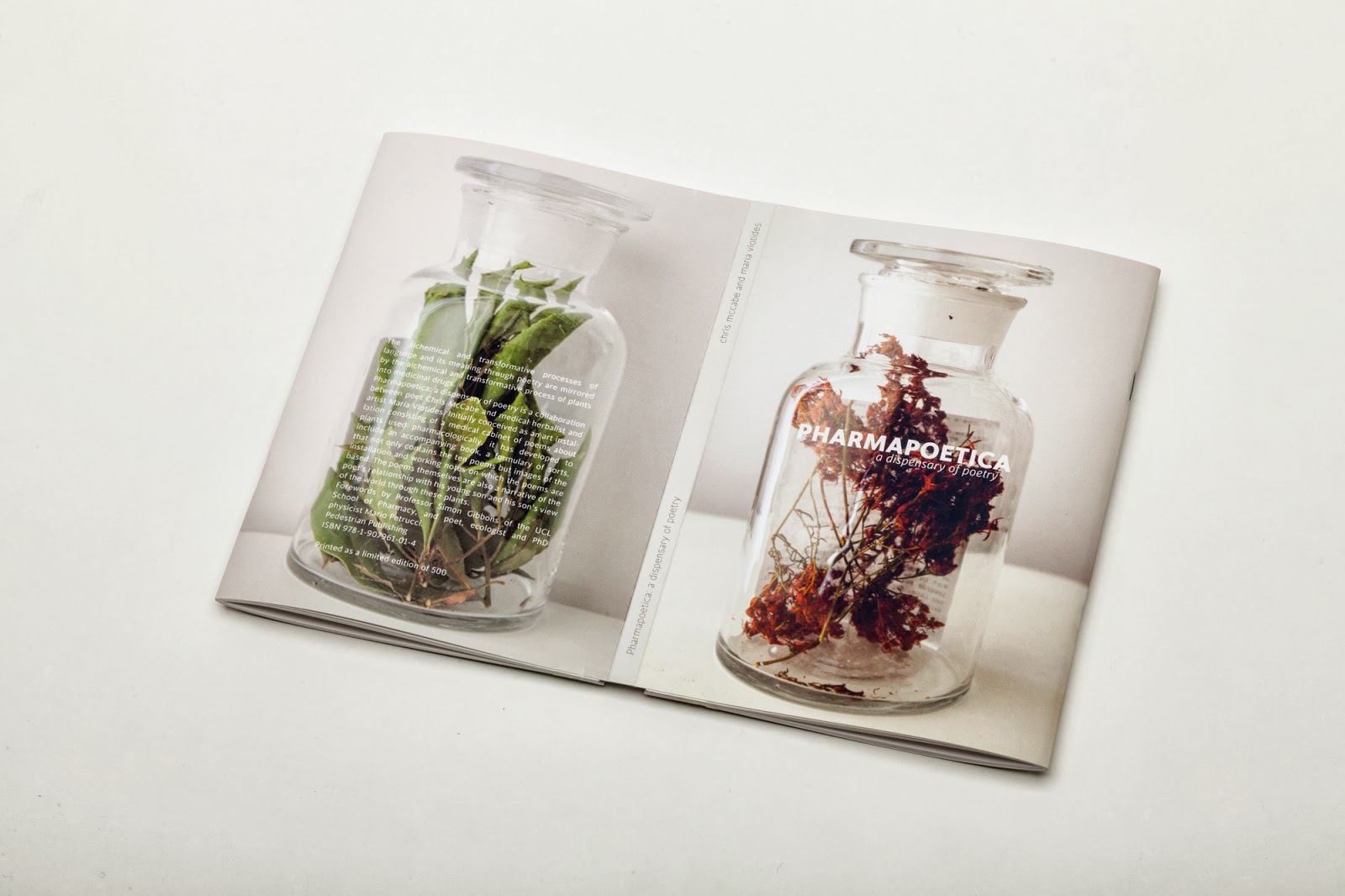‘Spinning Plates’ by Richie McCaffery
-Reviewed by Afric McGlinchey–
Richie McCaffery’s Happenstance Press pamphlet, Spinning Plates, is a collection of layers, interweaving birth and death, each of them with an arresting element. There are miraculous survivals, such as his own mother’s, abandoned as a baby on a doorstep, ‘tiny lungs like strawberries / full of pneumonia. ‘ There’s the late admiral, which miraculously hatches in a pub, ‘in darkest winter’. One poem builds on another, to create a fascinating portrayal of a mother, a family, a dynasty, a legacy. As the title suggests, there is also a familiarity with ceramics, and the poems are rich with visual and tactile imagery of domesticity: cups, plates, mosaics, bowls, vases, spoons. In this collection, the speaker asks questions. ‘Some are pointless / as wasps and the pain they give. / Others will take you many lungs / to satisfy the depth required’ we are told in the opening poem, ‘The professional’. ‘Lungs’, or an association with lungs, is a motif: ‘He has six months of breath left’ (‘Ash’).
The poems delve into secrets and hidden things: the discovered underground copy of Lady Chatterley’s Lover, with an inscription ‘To Renée, my sweet’ from Sid in Dunkirk: ‘All that way in a kitbag, / through panzers and snipers. / Bullets hitting the water / like kingfishers’. The unexpected, paradoxical beauty of this last image is one of McCaffery’s trademark characteristics. In another poem, ‘Arrival’, he similarly associates death imagery with something beautiful: his mother, ‘left out like a parcel / on a stranger’s doorstep…her lips sapphire blue’. Another poem, titled ‘Mother’ is full of startling imagery, and I feel the impulse to quote it in full here:
An orphan, sixteen, with T-Rex pin badges
and homemade flares, she wades
to her bare waist in long wet grass.
A fallow graveyard of spent Victorian grief,
Broken pillars, pink obelisks, Kestrel cans.
As her chipped blue finger nail traces
the golden genealogies, the baby
gives a sharp Geoff Hurst kick.
The anthology of wild flowers in her hand
won’t go round all this standing granite.
So much is going on here. The poem veers towards sentimentality with the opening word, ‘an orphan’, but circumvents it with the immediate follow-up of the ‘T-Rex pin badges’ which instantly gives her an insouciant air. The erotic image of her in the long grass, the detail of the chipped nail, the Geoff Hurst kick make the reader smile, only to feel, a moment later, the poignancy of the last two lines. There is approaching birth, contrasted with all the death in the graveyard. The ‘blue’ of her fingernails echoes the blue of her lips in the previous poem, where she was near death as a baby herself.
In a subsequent poem, he describes his mother as being ‘mad as mercury / mad as a silken Disraeli stovepipe hat / hiding a gypsum-white rabbit’. Again, the reader is smiling – just before the next stanza, which describes her previous miscarriages. Again side-stepping mawkishness, these are described as ‘seminal drafts’, and there follows, in the title poem, a beautiful simile / metaphor:
She said being pregnant
was like spinning a bone-china plate
on the thinnest stick inside you –
breakages were bound to occur.
It was a question of which piece
could drop intact and roll around
on a hardwood floor, its rim ringing
with cries.
There’s a strong sense of lineage, of legacy, of roots and bones, as well as the joy of birth. In ‘Ivories’, ‘He’s is as old as one new ring, / another inch in a tree trunk’s waist’.
As well as disclosures of one sort of another, there are revelations on the ‘tabula rasa’ of a blackboard: ‘the truths so far about God and arithmetic / with the expungible white of fossil shells’. The interesting word here is ‘expungible’, as though certain information must be gleaned quickly, or lost forever, with the swipe of a duster. Luckily for us, Richie McCaffery is a collector of gems, which he shares with us. A wonderful, original new voice.




